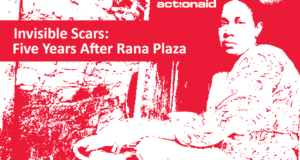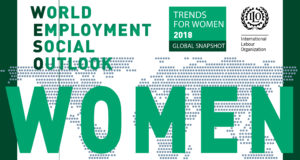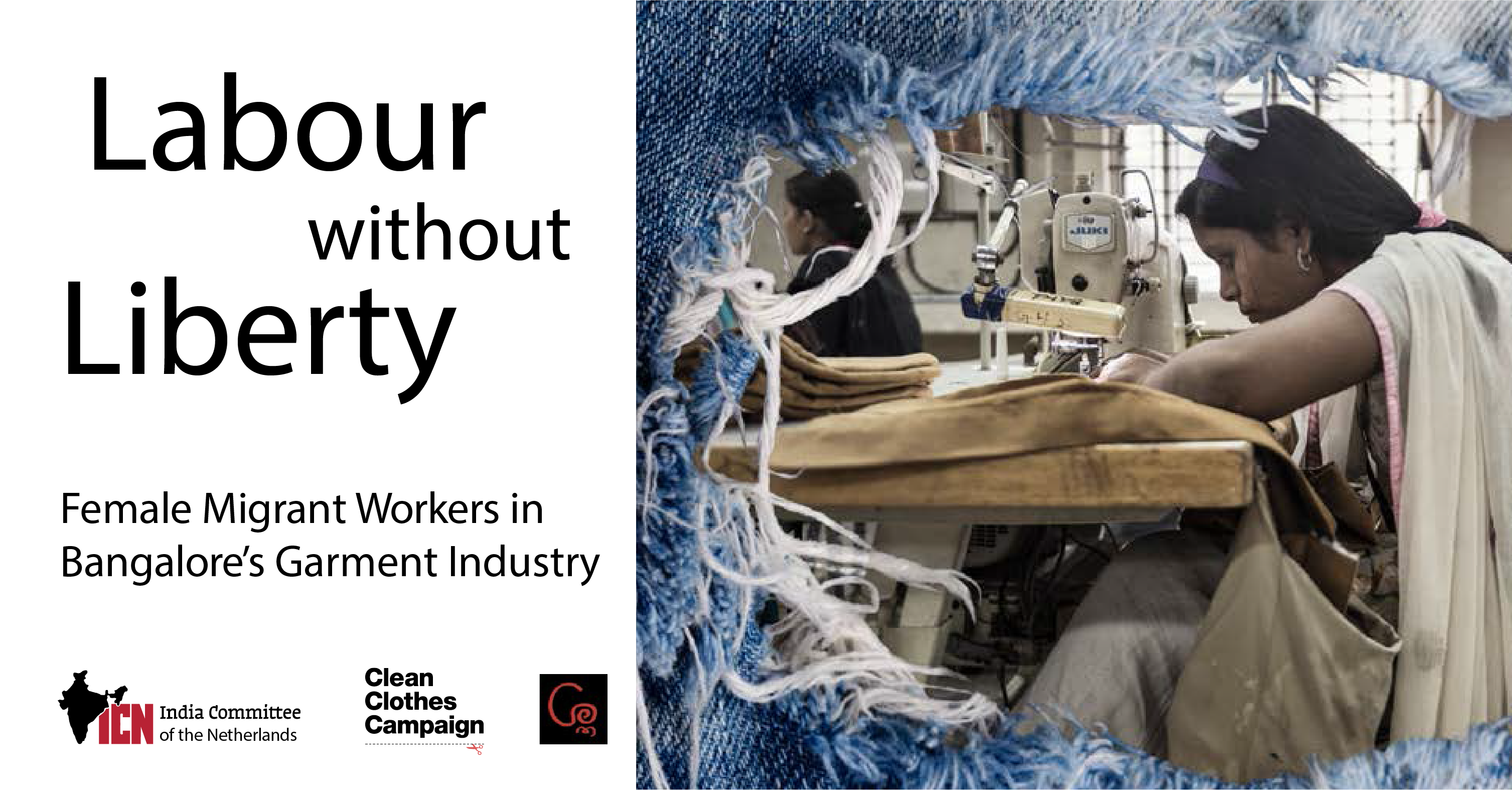Author:
Cornelia Staritz
Vienna University of Economics and Business Administration
Mike Morris
University of Cape Town – Faculty of Commerce – School of Economics;
University of Cape Town (UCT) – Policy Research in International Services and Manufacturing (PRISM)
February 2013
Capturing the Gains Working Paper 20
Abstract
Many low-income countries (LICs) are integrated into apparel global value chains (GVCs) through foreign direct investment (FDI). This is also the case in Lesotho, which developed into the largest Sub-Sahara African (SSA) apparel exporter to the US under the African Growth and Opportunity Act (AGOA). More recently, a new apparel export market opportunity has emerged in Lesotho, that of the regional market of South Africa. The two export markets, the US and South Africa, are supplied by different types of FDI firms, affiliates of largely Taiwanese transnational producers and of South African manufacturers that are incorporated into distinct value chains. This paper assesses the implications for upgrading integration into these two value chains in Lesotho, the first value chain characterized by Taiwanese investment and feeding into the US market under AGOA and the second characterized by South African investment and feeding into the South African market. These value chains differ with regard to ownership patterns, end markets, export products, governance structures and firm set-up, investors’ motivations and perceptions on the main challenges. These different characteristics have crucial impacts on upgrading possibilities, including functional, process and ‘local’ upgrading. Thus, from the perspective of upgrading and sustainability, ownership patterns, local embeddedness and market diversification matter. The emergence of South Africa as an alternative end market and the different value chain dynamics operating in the South African retailer-governed value chain open up new opportunities away from those of the AGOA-/Taiwanese-dominated value chain.
Download
 CPD RMG Study Stitching a better future for Bangladesh
CPD RMG Study Stitching a better future for Bangladesh



